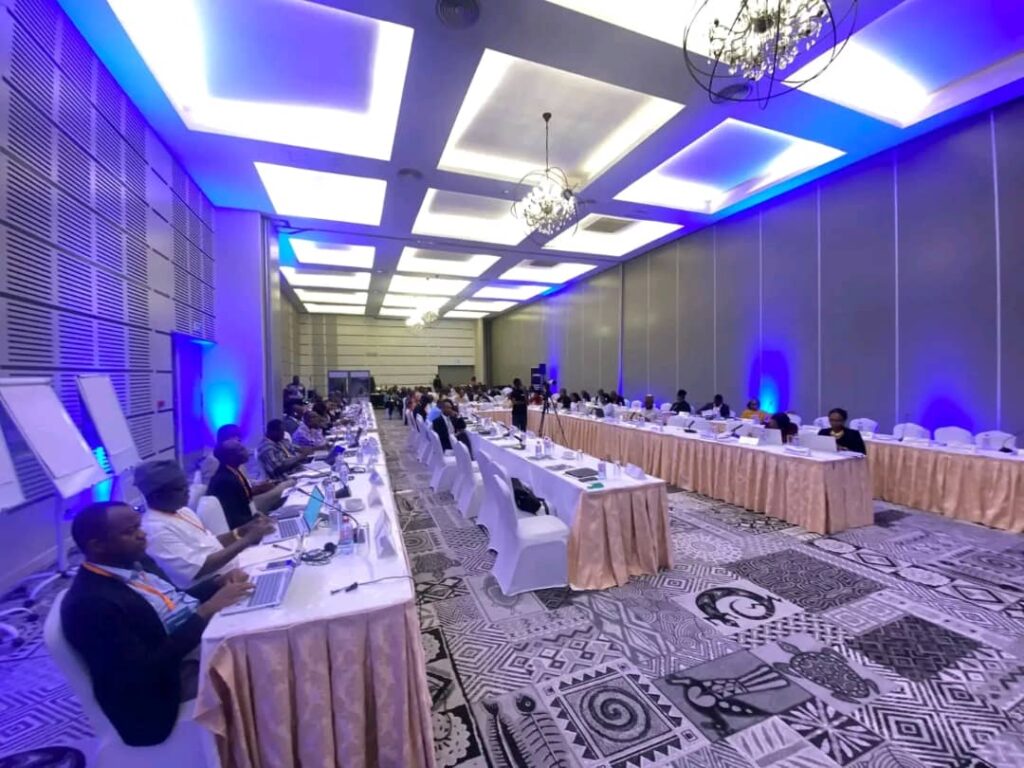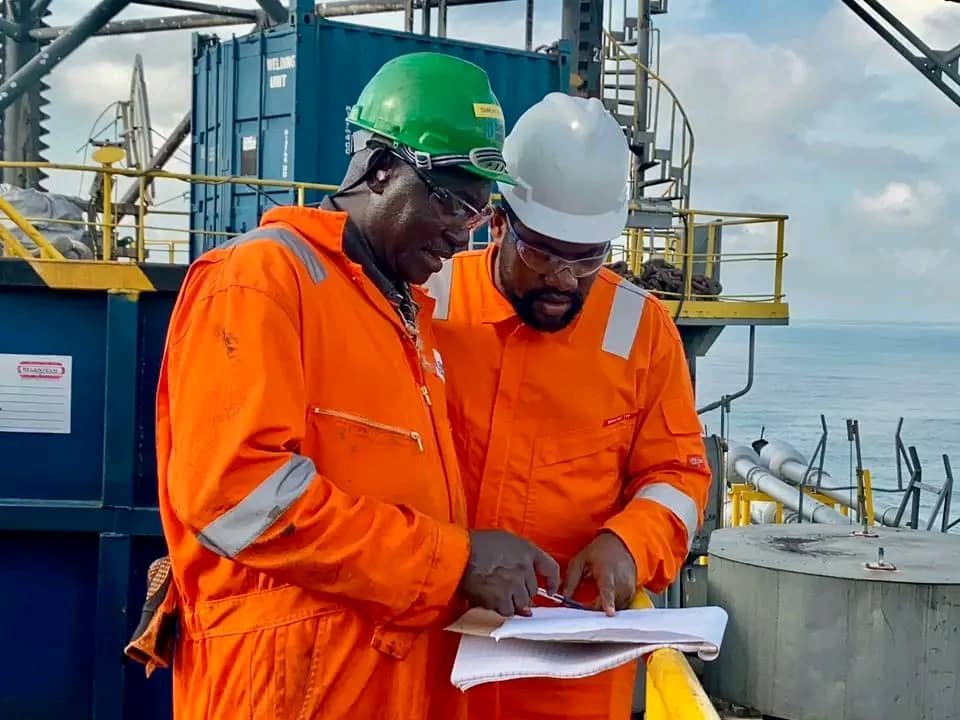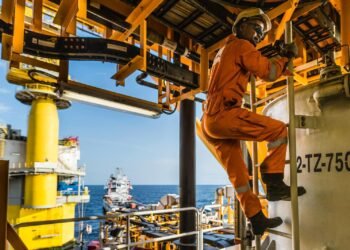The Ghana National Petroleum Corporation (GNPC) has reaffirmed its leadership role in Ghana’s gas sector and its commitment to regional energy transformation by unveiling a comprehensive gas strategy at the 2025 West Africa Gas Summit (WAGS) in Accra.
The strategy emphasizes natural gas as a key lever for sustainable development, industrialisation, and energy security across the sub-region.
Speaking on the theme “GNPC’s Vision and Role in the Gas Sector,” Deputy Chief Executive Officer for Finance, Administration, and Commerce, Mr. Hamis Ussif, outlined GNPC’s evolving role in Ghana’s energy landscape and the strategic initiatives aimed at deepening investment and regional cooperation.
“GNPC sees gas not just as a fuel, but as the bridge to a more resilient, inclusive, and prosperous energy future for Ghana and the sub-region.
“Natural gas is the unsung hero of our energy narrative—quietly powering industries, homes, and opportunities.”
Mr. Hamis Ussif, Deputy Chief Executive Officer for Finance, Administration, and Commerce

Mr. Ussif reaffirmed GNPC’s vision to become a globally respected oil and gas company that delivers on national development objectives and improves the lives of Ghanaians.
At the core of this vision is the expansion and optimisation of Ghana’s natural gas portfolio to meet growing domestic demand and support Ghana’s regional energy trade aspirations.
Currently, Ghana supplies approximately 425 million standard cubic feet per day (MMscfd) of natural gas, sourced from key fields including Jubilee, TEN, Sankofa-Gye Nyame, and imports from Nigeria via the West African Gas Pipeline.
This output powers nearly 70% of Ghana’s electricity generation, making natural gas central to the country’s energy stability.
Yet, supply still lags behind demand. To close this gap, GNPC is collaborating with partners to increase production, with expectations of Jubilee’s output rising from 100 MMscfd to 140 MMscfd, and Sankofa’s increasing from 245 MMscfd to 270 MMscfd by July 2025.
However, Mr. Ussif acknowledged that this will not be enough to fully meet demand. As a result, GNPC is advancing efforts to operationalise Ghana’s Liquefied Natural Gas (LNG) import terminal by 2026, and intensifying onshore exploration in the Voltaian Basin to expand reserves.
Strategic Investments Powering the Gas Agenda

GNPC’s ambitions are backed by significant infrastructure investments aimed at strengthening domestic gas delivery and integration.
GNPC’s strategic goals are underpinned by major infrastructure investments designed to enhance the domestic gas delivery system and improve energy integration across the country.
Among the notable initiatives is “the $190 million investment in the Takoradi-Tema Interconnection Project (TTIP), enabling reverse gas flow on the West African Gas Pipeline to improve distribution flexibility.”
In addition, GNPC has provided financial guarantees for the Sankofa Gas Project, a vital component in supporting Ghana’s electricity generation needs.
The Corporation is also backing operations at the Atuabo Gas Processing Plant, which plays a key role in refining indigenous gas for local consumption, reinforcing Ghana’s energy self-sufficiency.
Another significant effort involves the facilitation of the Karpowership’s relocation to Sekondi, allowing it to operate using indigenous gas.

GNPC is also spearheading the construction of a 110-kilometer gas pipeline from Prestea to Kumasi, which will serve as the foundation for a new power generation hub in Ghana’s middle belt, helping to ensure stable energy access for the region.
In a strong message to the private sector, Mr. Ussif extended an invitation to collaborate with GNPC in delivering projects that drive innovation, infrastructure, and shared prosperity.
“GNPC is open for partnership with those who share our commitment to sustainable growth, innovation, and regional development.”
Mr. Hamis Ussif, Deputy Chief Executive Officer for Finance, Administration, and Commerce
GNPC’s vision, as articulated at the West Africa Gas Summit, positions Ghana as a regional energy hub, powered by transformative gas infrastructure, strategic partnerships, and bold investments.
The Corporation’s roadmap underscores the role of natural gas as a foundational fuel for industrial growth, energy affordability, and cross-border collaboration in the era of global energy transition.






















